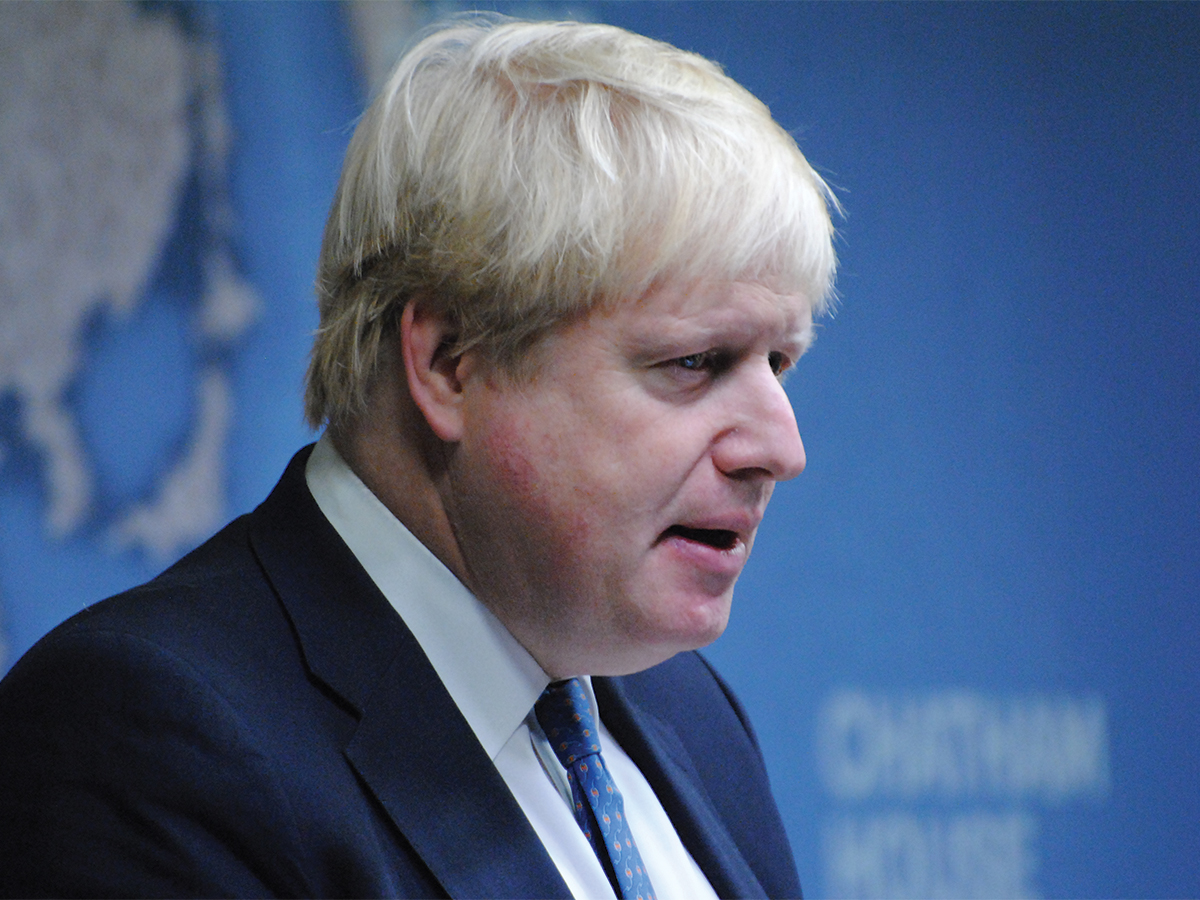On Thursday, Dec. 12, the British people voted to keep Boris Johnson as their prime minister. His Conservative Party won an overwhelming majority in Parliament while their main opponents, the Labour Party, suffered a massive defeat. Despite failing to finalize Brexit with a slim majority in the past, the Conservative victory this past December may actually be the best case scenario given the situation the UK finds itself in.
Going into the election, the Conservative Party controlled the government but lacked an absolute majority. In order to form a government and get legislation passed, then Prime Minister Theresa May made an alliance with the Northern Irish Democratic Unionist Party (DUP). This alliance made getting a withdrawal agreement negotiated and passed extremely difficult as concerns over the Irish border plagued negotiations. This coupled with strong opposition from the Labour Party forced Theresa May to step down and compelled her successor Boris Johnson to call for another election.
On the opposite side of the aisle was the Labour Party. Like Johnson, the Labour Party’s leader, Jeremy Corbyn, has proven to be divisive; however, many of his critics come from within his own party as well as from without. Labour has been dealing with widespread accusations of anti-Semitism, and Corbyn’s handling of the situation has also been criticized heavily. Furthermore, Corbyn’s Brexit plan has done little to rally Labour voters who voted to leave in 2016. The Labour party’s plan was to negotiate a new withdrawal agreement with the EU and then have the people vote on their deal or remain, during which Corbyn would remain neutral and not take a side. This indecisiveness from Corbyn coupled with his controversial leadership as of late has made him a less than ideal candidate to go up against Johnson.
Going into the election, neither party seemed ideal. The conservatives were divisive and had failed to deliver on Brexit in the past. On the other hand, Labour was riddled with scandal and division, much of which surrounded its leader, Corbyn. These lackluster options leaves much to be desired especially during a crucial point in British politics, however, given the immense desire to finally see Brexit done with, the Conservative Party’s victory is likely the best option.
Regardless of what one’s opinions are regarding Brexit, the British people voted to leave the European Union (EU) in 2016 and as damaging as it may be to leave it, it is more damaging to continue living in a constant state of uncertainty. This uncertainty has made it nearly impossible for British companies to adequately prepare for the UK’s withdrawal causing them to waste resources in vain attempts to prepare themselves. Brexit needs to be finalized and the Conservative Party was the only electable party that offered a definitive plan to get it done. Johnson has a withdrawal agreement negotiated with the EU and only needs a majority to pass it. Corbyn’s plan offered no definitive answers and would’ve likely resulted in another prolonged Brexit process. Additionally, the fact that Johnson won a clear majority means that he can get his deal passed without having to worry about severe in-fighting and appeasing the DUP. Another hung parliament would’ve doomed the UK to another endless Brexit process.
Additionally, the Conservatives also won several seats historically held by the Labour Party. This means that the Conservative base has become far more diverse as they now represent several working class constituencies that Johnson will now be held accountable to. Furthermore, the liberal Scottish National Party (SNP) won overwhelmingly in Scotland as they ran on a staunchly pro-EU and pro-independence platform. Though they don’t hold nearly as many seats as the Conservatives or Labour, their majority in Scotland ensures that the SNP will use every legal means at their disposal to hold Johnson accountable and maybe even get another independence referendum.
All in all, the future of the UK and its role in Europe and the world is still uncertain. Boris Johnson’s win is by no means a guarantee that Brexit will be done in a way that isn’t damaging. Serious concerns over the Irish border, future trade agreements and the possibility of a fractured United Kingdom still loom ominously overhead. All that can be said is that the Conservatives were the only party that offered a clear message on Brexit that resonated with enough voters to get them a majority capable of passing meaningful legislation.








